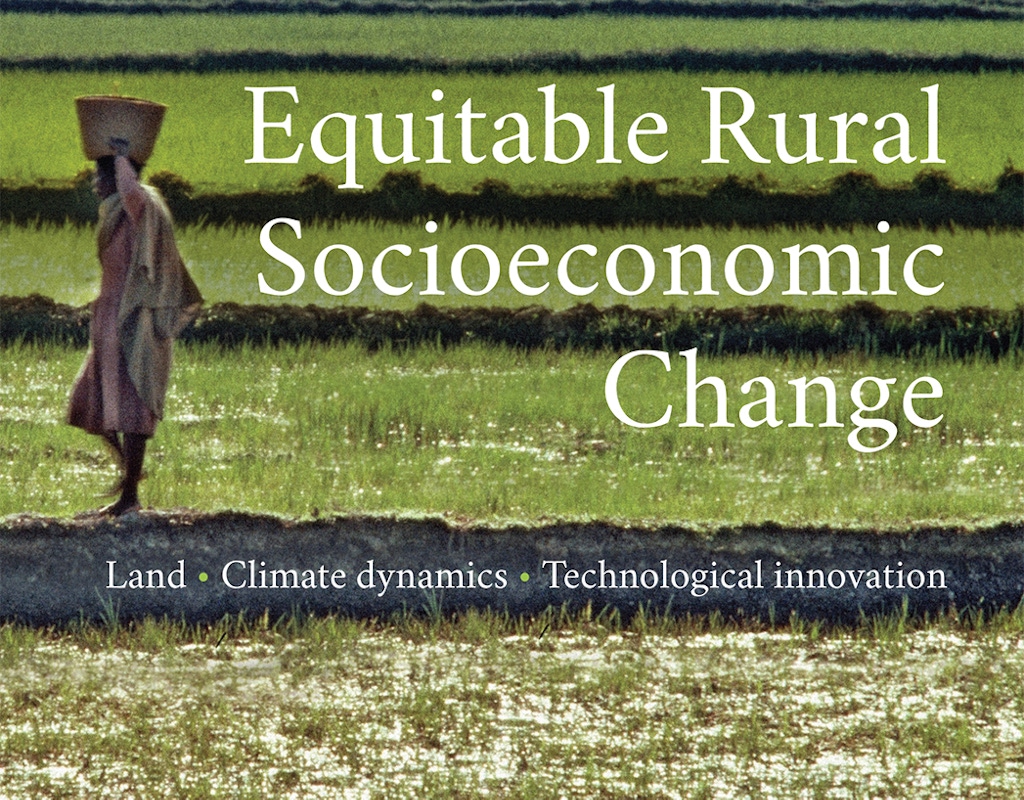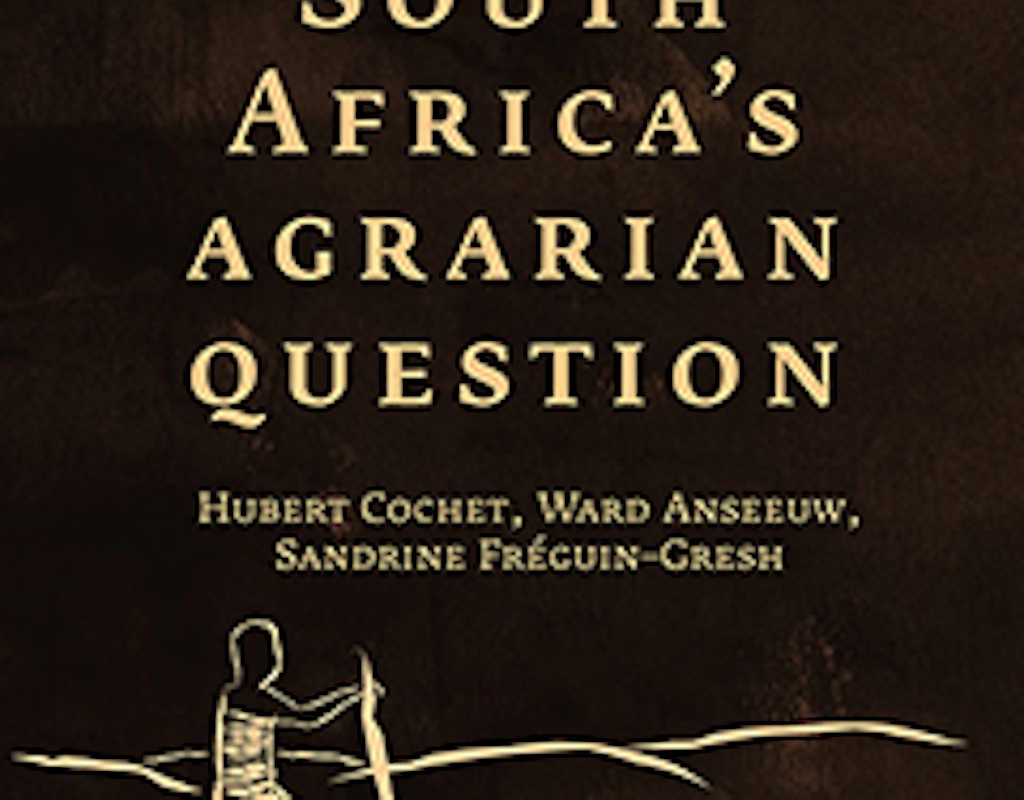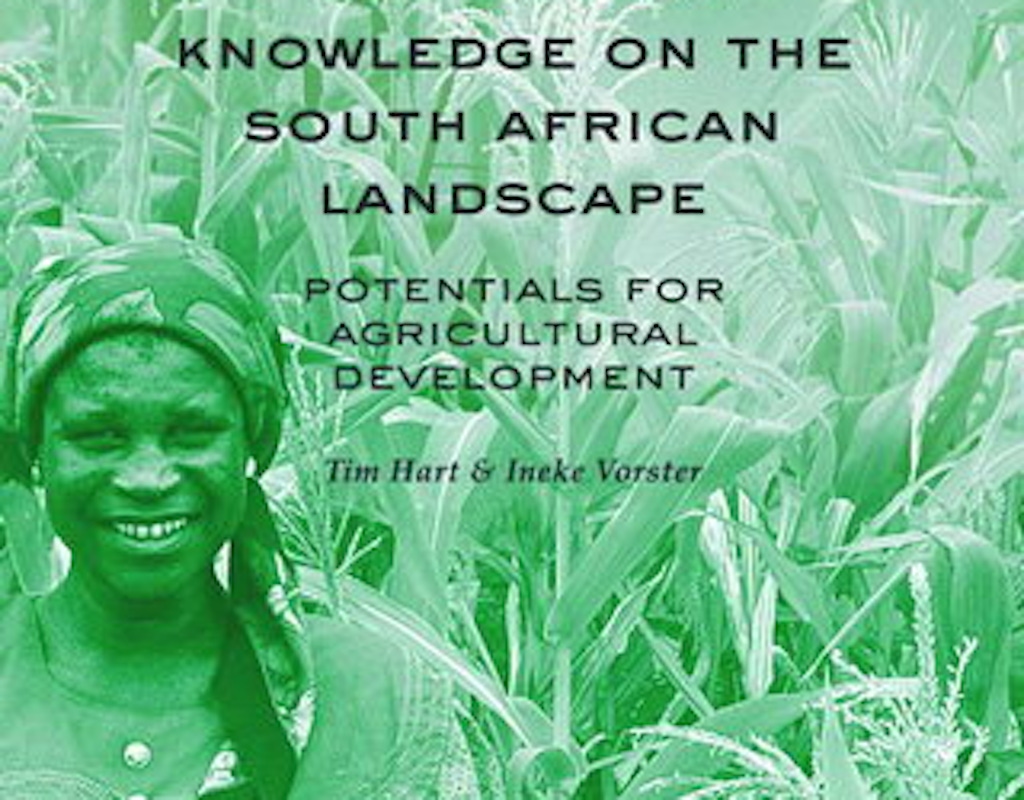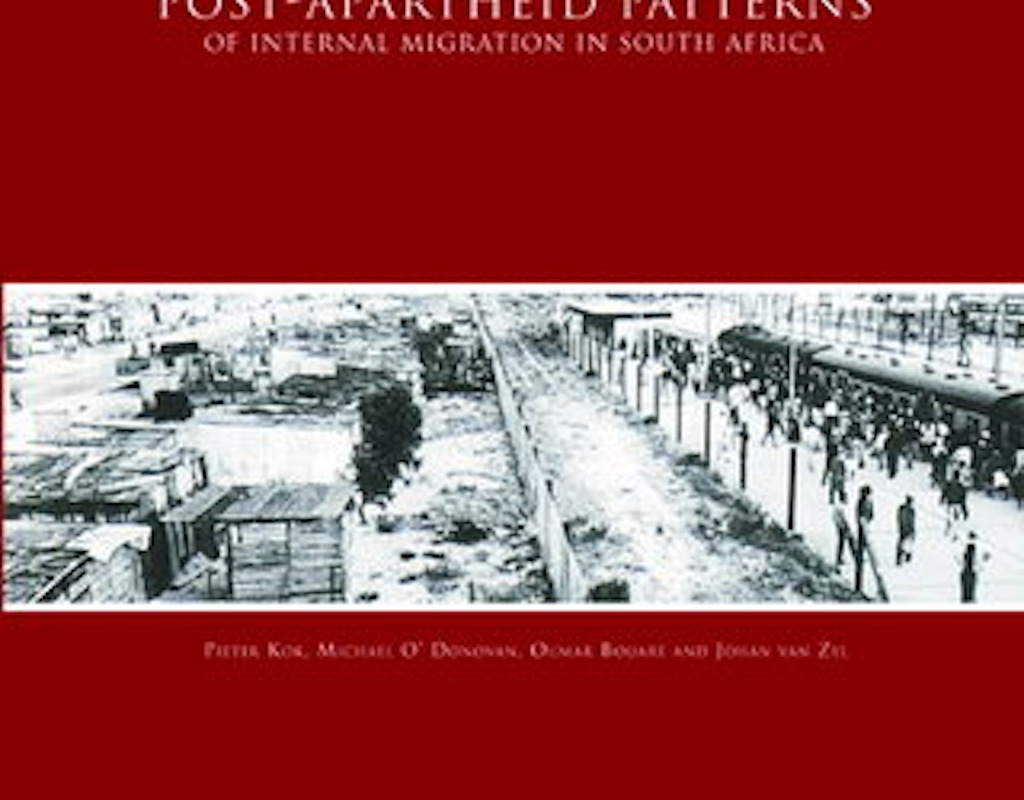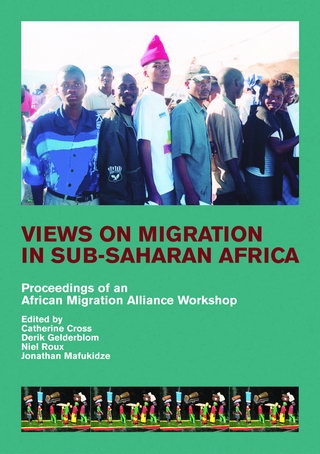
Migration by the poor is a scorching issue in the world today both inside their own countries and on the international scene, the worlds poor are voting with their feet to escape poverty and make their bid for new lives in new places. Public anxiety is reaching fever pitch in the developed world, xenophobia is spreading, and governments everywhere are struggling to mobilize policies that will enable them to respond humanely and effectively to a rising human tide. How does Africa stand on migration?
As the worlds poorest continent, Africa is seeing an increasing number of its citizens migrate from its rural sector to its cities and to new overseas destinations. In spite of new policy thinking from the African Union, African countries have not yet fully prioritised the migration issue in their public policy or through their shared institutions.
Identifying this gap, the African Migration Alliance a new network of policy researchers for the continent has held an international workshop to ask the question: What are Africas policy concerns on migration? In intriguing new research papers the leading migration scholars of the continent give their views on new destinations, free movement of peoples, xenophobia, human trafficking and other migration issues, as they outline public priorities and work toward guidelines for future African migration policies.
Product information
List of tables
List of figures
Acknowledgments
Acronyms and abbreviations
1.Introduction
Catherine Cross and Elizabeth Omoluabi
2.Leading issues in international migration in sub-Saharan Africa
Aderanti Adepoju
3.Levels of urbanisation in Anglophone, Lusophone and Francophone African countries
Oumar Bouare
4.Migration between Africa and Australia: Patterns, issues and implications
Graeme Hugo
5.A discussion of migration and migration patterns and flows in Africa
Jonathan Mafukidze
6.Migration and refugees in Eastern Africa: A challenge for the East African community
John O Oucho
7.The Great Lakes Region crisis: addressing the challenge of displaced persons
Franck Kamunga Cibangu
8.The INDEPTH Network: A demographic resource on migration and urbanisation in Africa and Asia
Mark Collinson and Kubaje Adazu
9.Migrants contribution to rural development in south western Nigeria
Akinyemi Akanni, Olaopa Olawale and Oloruntimehin Funmi
10.Spatio-temporal patterns and trends of international migration in Botswana and their policy implications
Thando D Gwebu
11.Francophone Africans in Cape Town: A failed migration?
Rodolf Lekogo
12.Myth and rationality in Southern African responses to migration, displacement, and humanitarianism
Loren B Landau
13.Synthesis and conclusions: What are Africas issues in migration?
Catherine Cross, Elizabeth Omoluabi, John Oucho and Franck Kamunga Cibangu
Contributors
